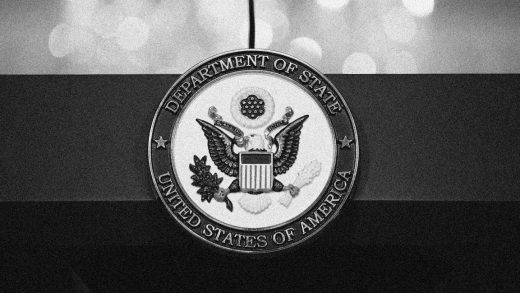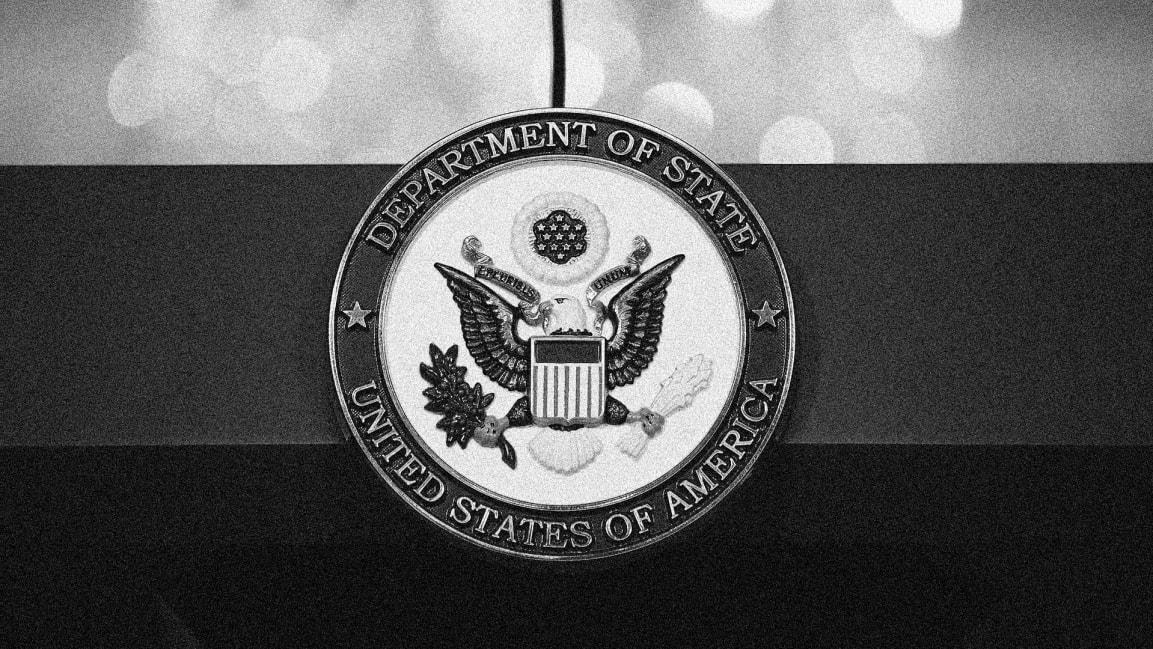Mistrust of public officials may help Election Day misinformation spread
“We’re starting to see the groundwork being laid for individual complaints or cries of fraud by poll watchers,” says Angelo Carusone, president and CEO of Media Matters for America, a nonprofit group that monitors conservative media. The biggest concern is that disinformation campaigns will cause Americans to believe that the election results are somehow illegitimate. This is especially a risk considering that it could take weeks to determine final election results in some places, leaving lots of room for uncertainty. (Some states may not even begin counting mail-in ballots until November 10.)
Secretaries of state in Colorado, Wyoming, and Washington have already expressed concern over misinformation.
Furthermore, trust—in everything, it seems—is at an all-time low. A recent study conducted by researchers at the University of Cincinnati shows that we don’t even trust the secretaries of state who in many states oversee elections and voter rolls.
The research looked at whether messaging from secretaries of state could dissuade people who had been exposed to misinformation—such as absentee ballots being submitted on behalf of dead people—from believing that misinformation. Researchers found that messages debunking such theories did little to roll back the belief that people were committing voter fraud.
“To some extent . . . interventions [by secretaries of state] in our experiment made the situation worse, raising fraud concern scores regardless of vote choice,” the researchers note. The experiment highlights the difficulty of trying to counter misinformation, even when it’s done by someone who should be a trusted public official. It also raises questions about how public officials will be able to control a potential narrative around tainted election results. Secretaries of state in Colorado, Wyoming, and Washington have already expressed concern over misinformation.
“The notion that [secretaries of state] are not credible either is really concerning,” Carusone says. He says he’s seen mounting attacks in right-wing media against secretaries of state over the past couple of years. In that time conservative media outlets started pushing more skeptical—and sometimes downright misleading—coverage of secretaries of state, as Democrats focused more seriously on winning elections for those roles in key states.
Cynicism abounds
It’s not just secretaries of state who are under attack. Lots of institutions once considered trustworthy have come under scrutiny. A 2020 Pew research poll shows that only 20% of Americans trust their government. Back in 1958, that figure was 77%. Trust in news media isn’t great either. Media consumption is also hyperpolarized. According to another recent Pew poll, the highest percentage of trust is in outlets that have a perceived political bent. About 65% of conservatives trust Fox News, while 67% of liberals trust CNN. Only 56% of those who lean liberal trust PBS. The channel isn’t even rated for conservatives.
“They would say, well, yes, you should trust your local officials, but my local officials are really not so good,” Carusone says.
As the University of Cincinnati study points out, one reason rising distrust in government officials is concerning is because it makes it exceedingly difficult for government to step in and correct misinformation about the election. If Americans don’t trust public officials, why would they believe them in the face of a good conspiracy theory? In general, the research on whether counter-messaging works to dispel strongly held and misinformed beliefs is mixed.
Increasingly, researchers are focusing on a tactic called prebunking that seems to be successful in combating fake news. Rather than responding to already widespread misinformation, prebunking gets in front of anticipated misinformation or conspiracy theories that are still limited in reach. “Because successful disinformation campaigns tend to have a kernel of truth that anchors the narrative, disinformation parasitically attaches itself to the details of a particular issue,” writes Joan Donovan, research director at Harvard Kennedy School’s Shorenstein Center on Media, Politics and Public Policy in her explanation of prebunking. “Prebunking is an effort to get ahead of misinformation and establish credibility and trust before the disinformation narrative can take hold.”
Once misinformation is well disseminated and widely believed, it becomes difficult to get rid of. Conservative groups and President Donald Trump himself have been questioning the legitimacy of the 2020 election for months, and at this point it may be difficult to dislodge that notion from the American psyche. Even prebunking could be hobbled by general mistrust in those responsible for setting the record straight.
“I think the struggle,” Carusone says, “is we don’t really have credible messengers right now.”
(15)



